Hove author’s book reveals well-known actor’s life in Hastings, as told by his nephew
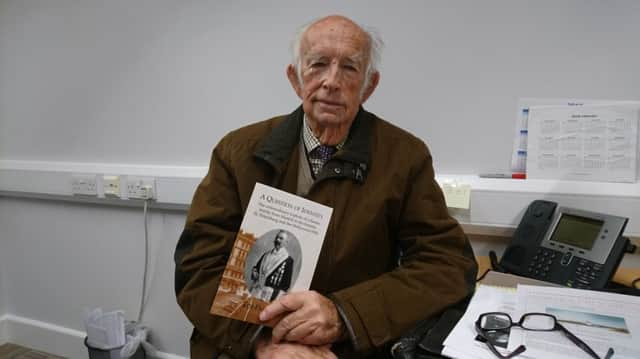

Tim Parker, 85, is the nephew of actor Cecil Parker, who starred in Hollywood films with stars such as Ingrid Bergman.
His book, A Question of Identity, features the illegitimate son of a hunter, three brothers who fought in the First World War, one of whom became a British spy in the Russian Revolution, and a nephew who was an RAF pilot.
Advertisement
Hide AdAdvertisement
Hide AdIt tells the story on how the family’s German surname, Schwabe, had to be changed to Parker after bricks were thrown through the windows of their hotel, the Albany in Hastings in 1916.
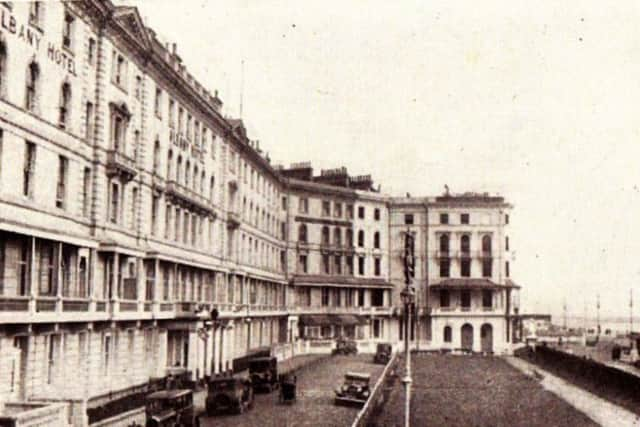

The name change was kept secret for decades until Tim decided to reveal the full story in his book.
Tim, from Hove, found out his real family name was Schwabe by chance when he was 43 while driving to London listening to Radio 4.
He said there was a programme on about Cecil Parker’s career as an actor and it mentioned his real surname.
Advertisement
Hide AdAdvertisement
Hide AdTim said: “I did not believe it at first. I went to see my mother and asked her if it was true, that uncle Cecil’s name was in fact Schwabe and she said it was. She said it had been difficult as we were fighting the Germans. If I’d not listened to that radio programme all those years ago I would never have known.
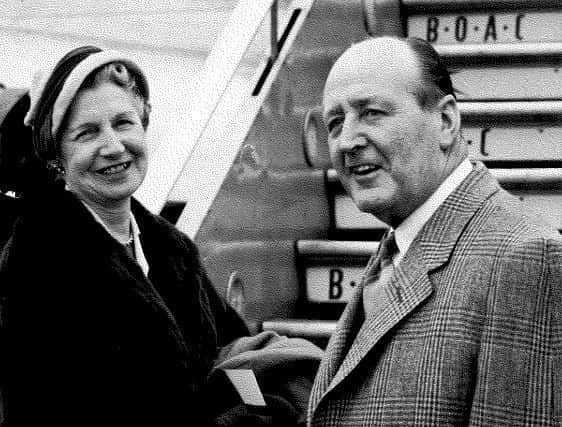

“After I found out I started looking into the history of the family. Some of what we looked at involved Cecil’s older brother. I had friends and relations who spent an enormous amount of time looking up the history. It was fun though.”
Tim said the family saga began with Charles August Schwabe, who was born near Frankfurt in 1860. He was the illegitimate son of Dorothea and a man described as a ‘hunter’. He came to England in 1890 and fell in love with 19-year-old Kate Parker, a church organist in Hastings.
After they tied the knot they settled in Hastings and ran the Albany Hotel. They had 11 children, including son Charles, the eldest, Sidney, Godfrey, Cecil and Tim’s father, Eric.
Advertisement
Hide AdAdvertisement
Hide AdTim said: “The Albany Hotel was the town’s only luxury hotel. It was big enough to house two members of the Royal family.”
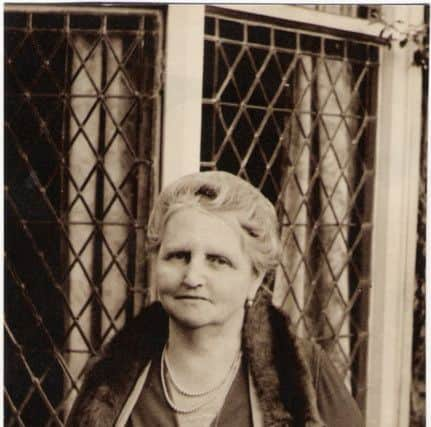

Among the regular guests, was Sir Arthur Conan Doyle, author of fictional detective Sherlock Holmes.
Tim said: “In the Second World War the hotel was destroyed by the Luftwaffe in 1943 and Canadian servicemen were killed inside. There is a well-maintained plaque close on the site where many people died, including 11 Canadian soldiers, members of the 17th Duke of York’s Royal Canadian Hussars.
“My grandfather was a German Jew who came over here with all of his family who were pro-British.”
Advertisement
Hide AdAdvertisement
Hide AdTim said Charles August Schwabe became a British citizen in 1908 but was paid a visit by Hastings police in 1914 when war with Germany was declared. Charles’ sons, Charles, Sidney and Cecil signed up to fight during the First World War with the former joining the Royal Fusiliers and the two latter, the Royal Sussex Battalion.
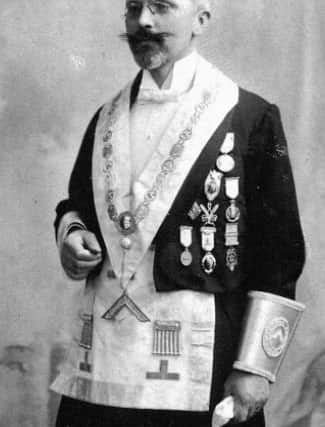

Charles August Schwabe died in 1915, leaving Kate in charge of the Albany. She sold it and took over the Alexandra Hotel in St Leonards.
Charles, the eldest son, disappeared for more than two years until it was discovered he had been recruited by MI6 as an intelligence officer and sent to Russia. After the Bolsheviks took over Russia in 1917 Charles and staff at the British embassy in Petrograd (now St Petersburg) were imprisoned in the Peter and Paul Fortress. Charles escaped by jumping into the river Neva, swimming back to the river bank and making his way to the American embassy.
He returned to the UK in 1919 and received an OBE. In 1916 Cecil and Sidney fought in the Battle of Boar’s Head. Sidney was later killed in France in 1918 aged 23.
Advertisement
Hide AdAdvertisement
Hide AdAs for Cecil, he began performing with an amateur group in Hastings in 1919 and first starred at Eastbourne’s Devonshire Theatre three years later before making his West End debut in 1925.
Cecil died in 1972 and appeared in more than 90 movies from 1933 until his last film, Oh What a Lovely War, in 1960.
Tim’s book is available from all good bookshops including Waterstones, Hastings independent bookshops - BookBuster, Book Keeper, Printed Matter and Hare and Hawthorn, Amazon, or via Country Books at www.countrybook.biz or by ringing 01629 640670.